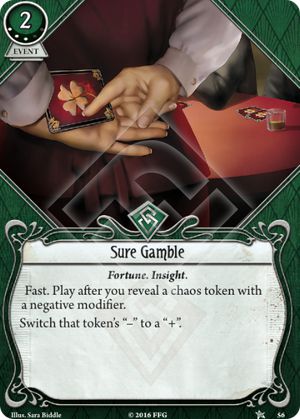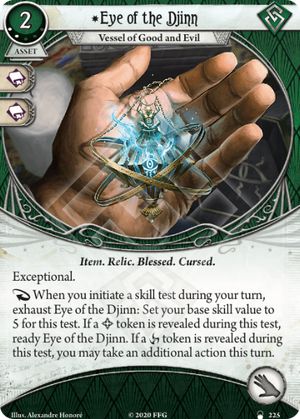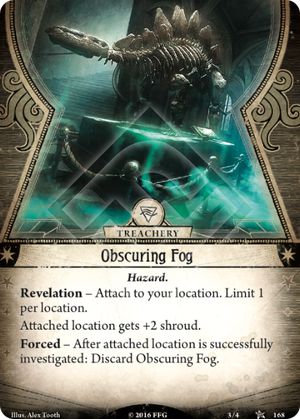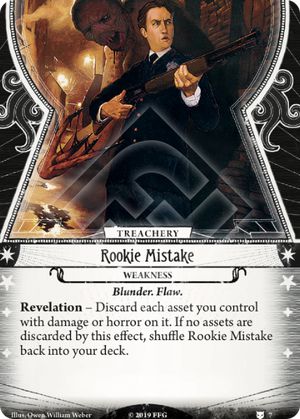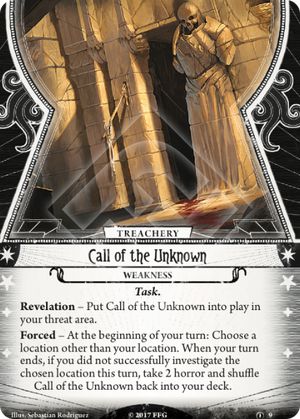
A delightfully flavorful signature Weakness. Looking at the two elements, the effect and the discard condition, we get:
The effect: This only punishes Ursula if she doesn't do what she loves to do. Good counter-cards to this are Pathfinder, Fieldwork, and, in a pinch, Shortcut. Either of the Esoteric Atlases or The Truth Beckons can also help, along with the usual suite of tools for boosting investigate tests. Seeking Answers can let you target a low-Shroud (or empty) location and still grab clues. As the difficulty level goes up, failure becomes more likely, so Ursula may pack some horror-soak allies, maybe an Art Student or, if you are using an Atlas, the Eldritch Sophist, or invest in some Logical Reasoning.
The discard condition: You don't. You either keep moving and succeeding at investigations (note testless clue-getting won't help; you have to investigate (although you can do it at a location with no clues)), or you take 2 horror and shuffle it back into your deck to strike again. Ursula doesn't really favor a high-draw strategy.
Taken together, this is a below average signature weakness, maybe average in a scenario with a cramped map and a lot of enemies or at high difficulties.
